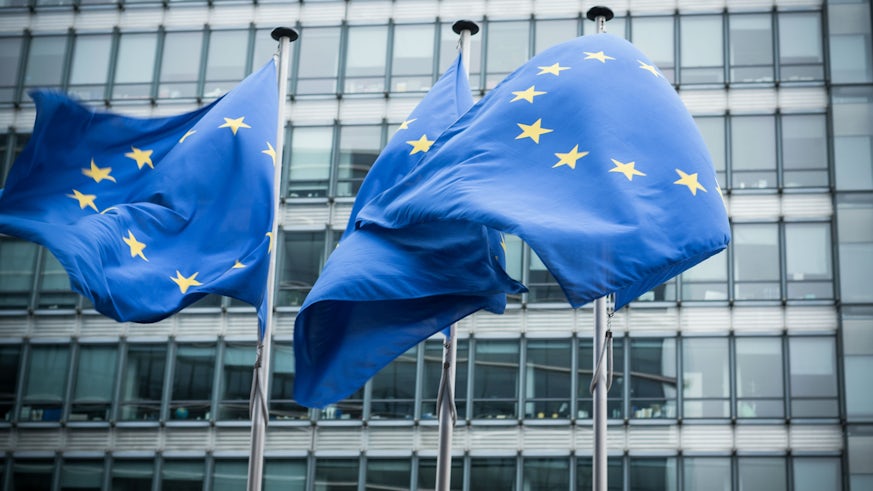Scale of Russian interference in European democracy revealed
7 May 2019

Evidence of the Kremlin-backed Internet Research Agency’s long-term interest in European politics and elections has been revealed in two new studies from Cardiff University’s Crime and Security Research Institute.
Taken together the findings provide a strong indication of the kinds of disinformation campaigns that could be directed towards the 2019 European Parliamentary elections on 23 May.
While Russian involvement in the 2016 US presidential election has been well documented, most recently in Special Counsel Robert Mueller’s report, far less has been known about the Internet Research Agency’s European operations, until now.
Professor Martin Innes, Director of the Crime and Security Research Institute, said: “Our reports clearly evidence a sustained and wide-ranging interest in European politics from social media accounts covertly run on behalf of the Kremlin. By examining in forensic detail some of the tactics and techniques featuring in their historic information-influence operations, this research affords urgent insights about the future threats to the integrity of the democratic process as we approach the 2019 European elections.”
In an article published in the academic journal Political Quarterly, three specific techniques that were used to amplify the influence of their disinformation campaigns on social media are described. This includes ‘buying fake followers’, using the same kinds of techniques that some celebrity accounts are known to have used.
Researchers say their analysis has allowed them to pinpoint unusual patterns of behaviour that function as ‘signatures’ or ‘tells’ that an account is possibly being run by an operator with specific intents. The article states: “The potential is that similar to how police detectives use behavioural signatures to profile repeat offenders, their digital equivalents can be used to detect malign influencers online.”
Key findings from a separate report out today, The Internet Research Agency in Europe 2014-2016, include:
- An account identified by Twitter as an “Internet Research Agency-linked account” appears to have been engaging in reconnaissance activities of European Parliamentary election processes in Greece in 2014. Messages sent by the operator of this account include photographs of polling stations, images taken inside polling stations of ballot boxes and ballot papers as well as written accounts of interactions with election officials. The account operator also appears to have travelled to multiple other countries, including the US, Italy, Norway, France, the Netherlands, Israel, Thailand, Malaysia, Egypt, Hong Kong and Austria.
- In 2014, the Internet Research Agency sent nearly two million tweets in Russian but by 2016, this number had fallen to less than half a million. English had become the predominant language by 2016, with the Internet Research Agency also exploring the use of German, Arabic, Bulgarian, Estonian, French, Italian, Romanian and Spanish as it became increasingly interested in influencing audiences across multiple European countries. A number of the English and German accounts were especially interested in Brexit.
- Based upon the material contained within Twitter’s classification of Internet Research Agency-linked accounts, by 2016, there were 1,380 accounts that tweeted more than 1.5 million messages during that year.
- During 2014, most of these accounts were concerned with the conflict in Ukraine and the annexation of Crimea. This appears to have been a key period in the expansion of the scale and intensity of Internet Research Agency activity.
Professor Innes said: “With these two detailed studies we have clearly enhanced understanding of how the St Petersburg-based Internet Research Agency designed and delivered its information-influence operations and how their interests and activities evolved over time. This includes the ways their social media tactics have become increasingly sophisticated, have been implemented across a number of European countries and have focused on a range of high profile political events.”
The article in Political Quarterly, entitled: How Russia’s Internet Research Agency Built its Disinformation Campaign can be viewed here.
Copies of the report The Internet Research Agency in Europe 2014-2016 can be accessed here.



